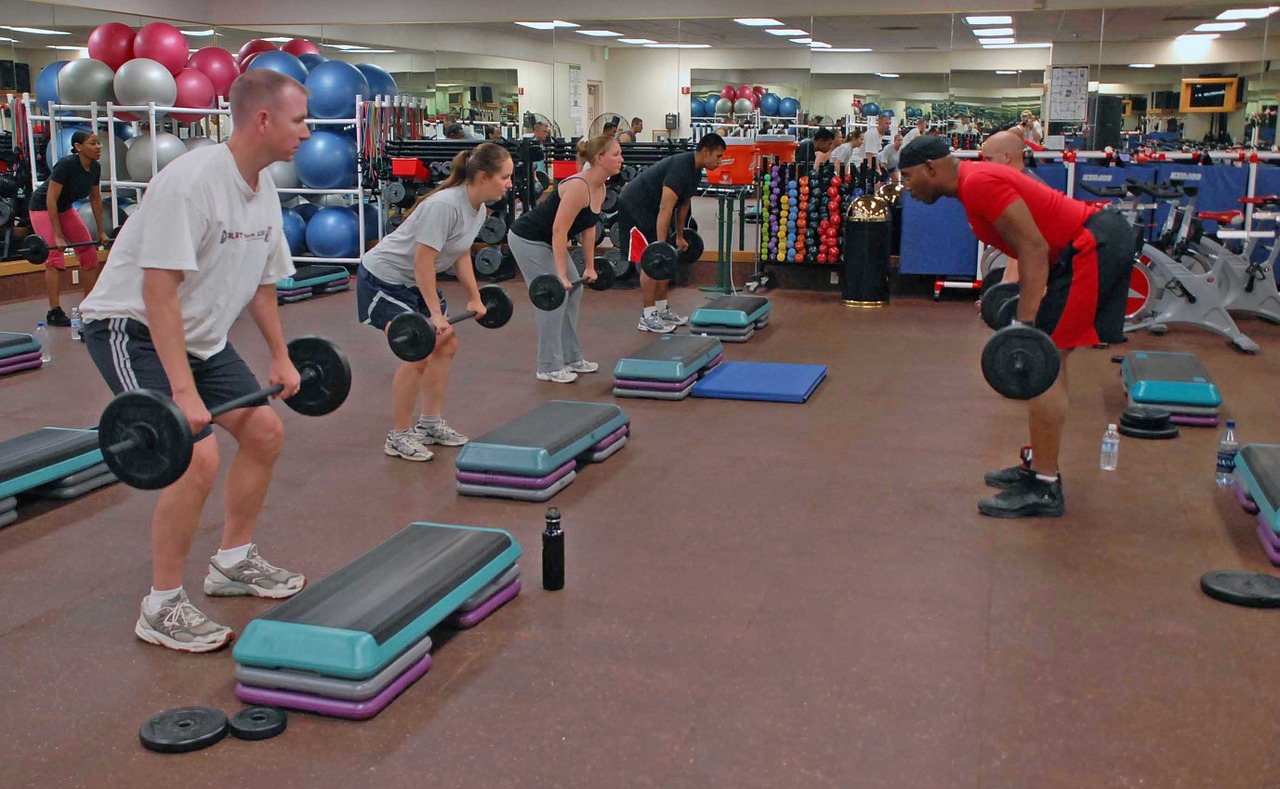Some of the greatest athletes in the world needed the help of a handful of geniuses behind the scenes. These experts offer the right strategies at the right time to ensure that the modern athlete has all the necessary tools in place to succeed. Additionally, trainers who specialize in a single sport or athletic endeavor are in greater demand for their deep knowledge in their area of expertise.
The domain of athletic training is a competitive one, but with the right training and dedication, you can succeed as a full-time trainer to professional and college athletes. You also need the right certifications, the right training, and the right teaching methodologies for you to succeed. Added to that, you would also need to know advanced clinical skills in emergency care, rehabilitation, and sports medicine. These skills can help bolster your résumé, making you a well-rounded trainer long-term.
Focusing on specific movements & skills
To achieve success as an athletic trainer, it’s important to gain mastery over certain movements and skills. On the basketball court, this could translate to mastering the defensive stance or focusing on vertical leap extension. On the football field, this could mean being the best at allowing athletes to make better passes through defensive lineups.
Trainers are also capturing hundreds of hours of motion footage, to understand the gradual enhancement in bio-movement for their client athletes. An ibi photo device can help in locally storing these images on a personal cloud so that they can be reviewed later on during film sessions.
Understanding the domain of injury prevention
Injury prevention is a multi-billion dollar domain, as you’re protecting the investment of teams and owners by ensuring that the athlete is always protected. Additionally, athletic trainers can also rehabilitate players at a much faster rate when they have the right training. Trainers are partaking in dynamic warmup stretches programs to better educate their athletes on the best ways to prevent injuries.
Injury prevention is also the key to demonstrating true value in the field of athletic training. This is an important area within the domain, as it protects the interests of the fans, the shareholders, and the other members of the team. You’re also directly involved with extending the lifespan of the athlete on the field, as well.
Develop core communication skills
Communication is an important aspect of having success in any domain. This is even more so true in the professional sports and athletic training field, as you need to impact multiple areas of performance. Athletes should be able to retain the knowledge that you deliver, as well as implement it on the court.
There shouldn’t be any gaps within the communication model developed, as your performance will be tied closely to that of the athlete’s. This is why it’s critical to take a few professional courses in communication, writing, and delivering messages.
Since communication also extends to interpersonal skills, it’s important to develop a one-on-one relationship with each athlete at scale. This requires a hybrid approach of delivering key messages and spending personal time with each client.
Expand your skill set
When it comes to athletic training, it’s important to have a broad set of skills that can be implemented on the field at any time. It’s also good to constantly adapt and evolve your knowledge base so that you’re able to extract greater performance from each athlete. This allows for better injury protection, metabolic enhancement, overall conditioning, and schedule management for the athlete, as well.
Trainers should focus on obtaining accreditation via a training program or a master’s degree in sports science to hone their training abilities. Semesters within these programs help trainers learn the essentials of therapeutic interventions, athletic training, and preceptor development.



